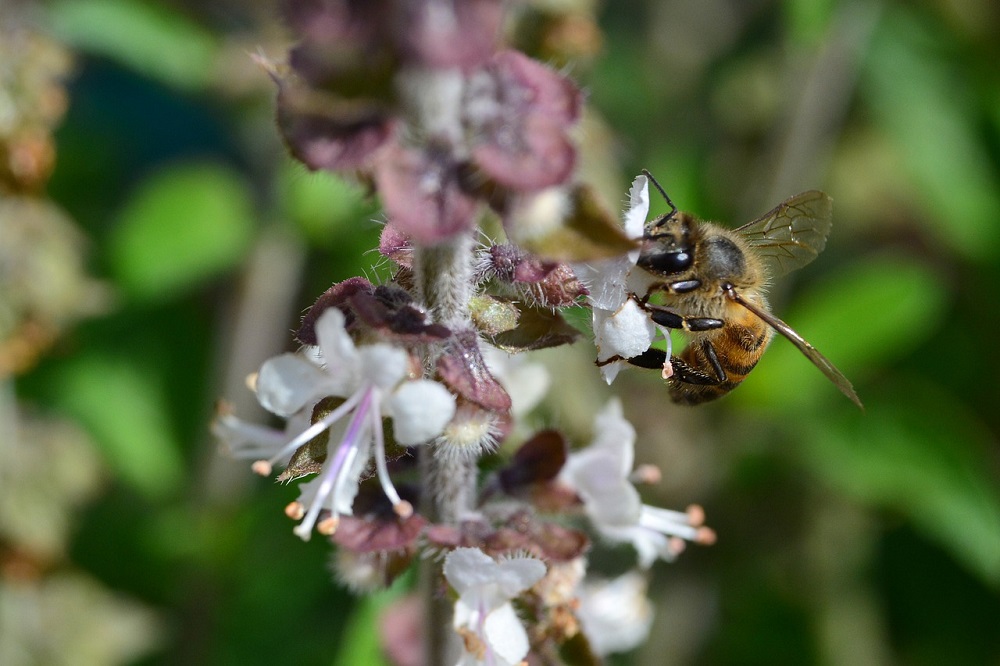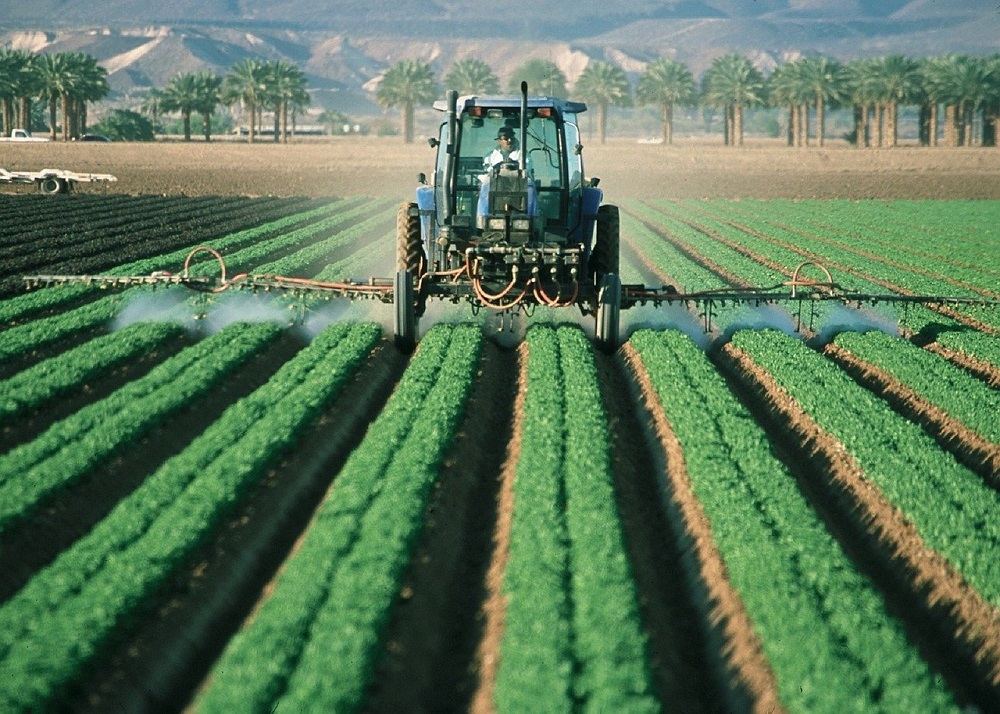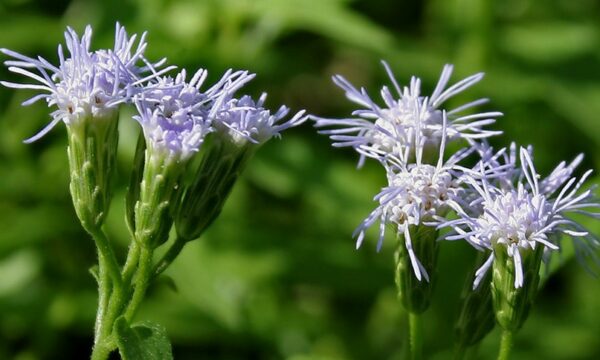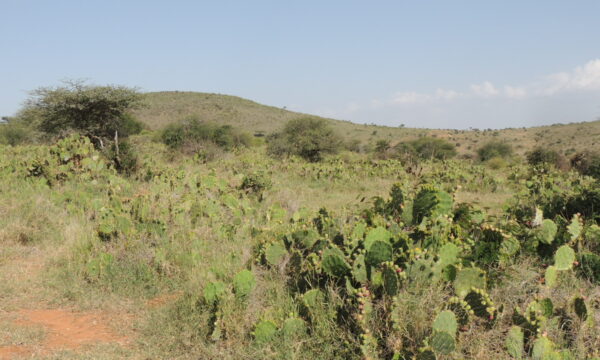
African scientists are calling for urgent action to control the use of toxic neonicotinoid pesticides, which are already banned in Europe, for fear of them having an adverse effect on biodiversity and food security in Africa.
SciDev.Net reports that Enock Dankyi, a member of the Ghana Academy of Arts and Sciences and a lecturer at the Department of Chemistry, University of Ghana, believes policymakers need to act now in order to ‘prevent further deterioration in the sustainability of African agriculture and biodiversity from indiscriminate and preventative use of neonicotinoids.’
Munyaradzi Makoni writes, in the article ‘Europe-banned insecticide ‘threatens Africa’s food security’‘, that evidence of the negative effects of neonicotinoids includes loss of honey bee colonies and contamination of agricultural products, soils and freshwater systems with neonicotinoid residues.
Neonicotinoids are nicotine-like insecticides that are used in plant protection products to fight harmful insects. Previous studies by the European Academies’ Science Advisory Council, and other organisations, on the harmful effects of neonicotinoids on ecosystem services resulted in regulatory action and eventually bans of several neonicotinoids in the European Union, says Dankyi.
“It was thus timely to consider the extent to which concerns over the effects of neonicotinoids on wider ecosystem services should apply to Africa,” adds Dankyi, who participated in workshops to assess the potential impacts of the insecticides in Africa.

Makoni’s report highlights a study published recently by the Network of African Science Academies which suggests that increased use of pesticides, such as neonicotinoids in Africa, is harmful to the environment and reduces pollination and natural pest control. This in turn is putting food security on the continent at risk, the authors say.
“This review concludes that stricter regulation of insecticides is required across Africa and that good agricultural practices in plant protection should be promoted to ensure sustainable agriculture that protects the environment, human health and biodiversity,” says the report.
“Central to this should be maximising the use of natural controls to balance pest pressures and reduce the need for pesticides,” it adds.
The study states that residues in honey and pollen samples collected in the Kiambu and Nairobi counties in Kenya indicated that, of the pesticides used on cultivated crops around apiaries, 14.4 percent were neonicotinoids.
Dankyi explains that the beneficial services offered by nature, such as pollination and natural pest control, are a foundation of sustainable agriculture on which future food security depends.
“Beneficial insects increase agricultural productivity and the quality of crops, and are as – if not more – important in the African context than the rest of the world,” he adds.
Read the full article produced by SciDev.Net’s Sub-Saharan Africa English desk.
Additional information
About SciDev.Net
SciDev.Net is the world’s leading source of reliable and authoritative news, views and analysis about science and technology for global development.
Our Mission is to use independent journalism to help individuals and organisations apply science to decision-making in order to drive equitable, sustainable development and poverty reduction. SciDev.Net is part of CAB International (CABI) – a not-for-profit organisation that improves people’s lives worldwide by providing information and applying scientific expertise to solve problems in agriculture and the environment.
SciDev.Net operates editorially independently from CABI with its content overseen by an independent Editorial Advisory Committee whose role is to ensure our editorial independence protocol is adhered to. The protocol is available on request.
Related News & Blogs
Biodiversity loss: How can we reclaim our landscapes from threats to biodiversity?
On 22nd May, we mark the International Day for Biological Diversity. In this article, CABI’s Global Director for Invasive Species Dr Hariet Hinz looks at how we can reclaim our landscapes from threats to biodiversity. Biodiversity loss is proceeding at…
22 May 2025




